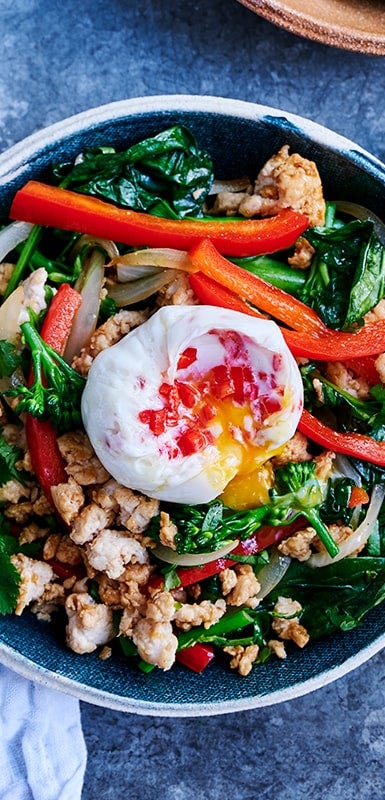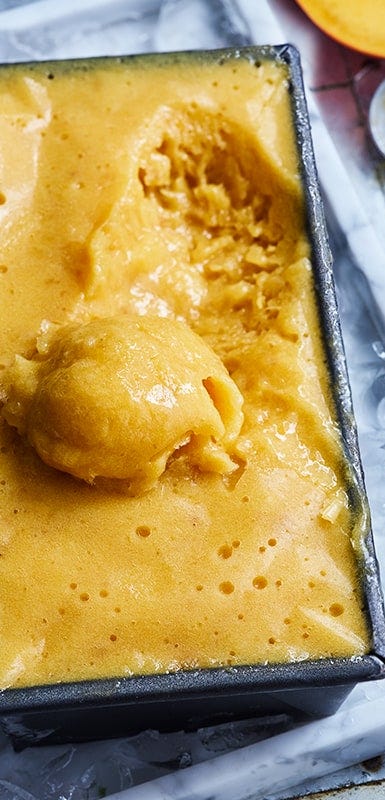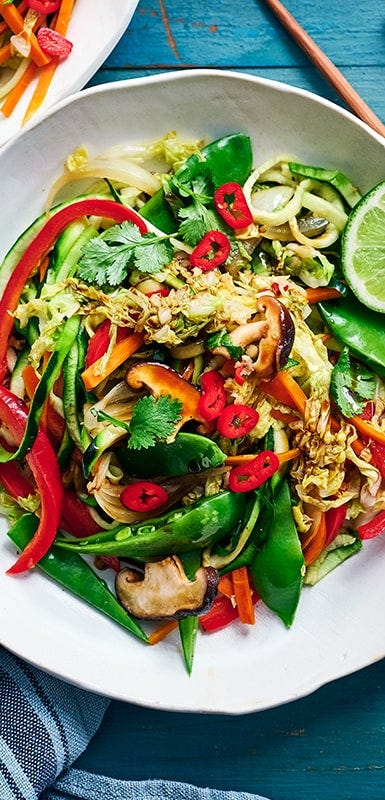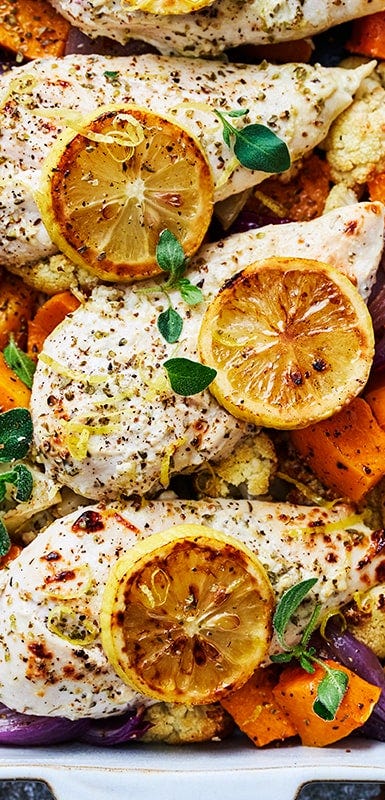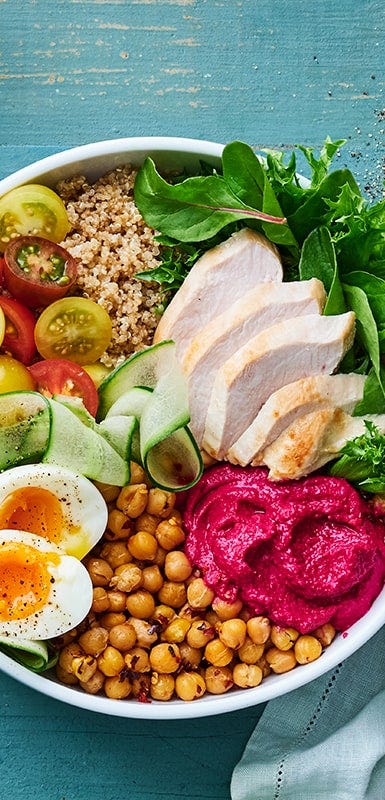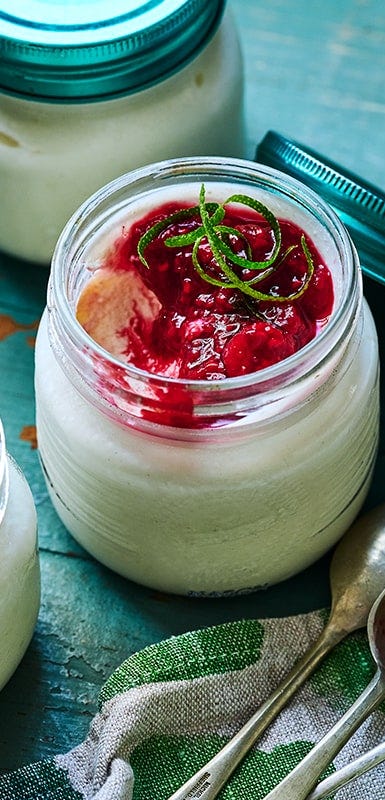9 ZeroPoint food categories on WeightWatchers
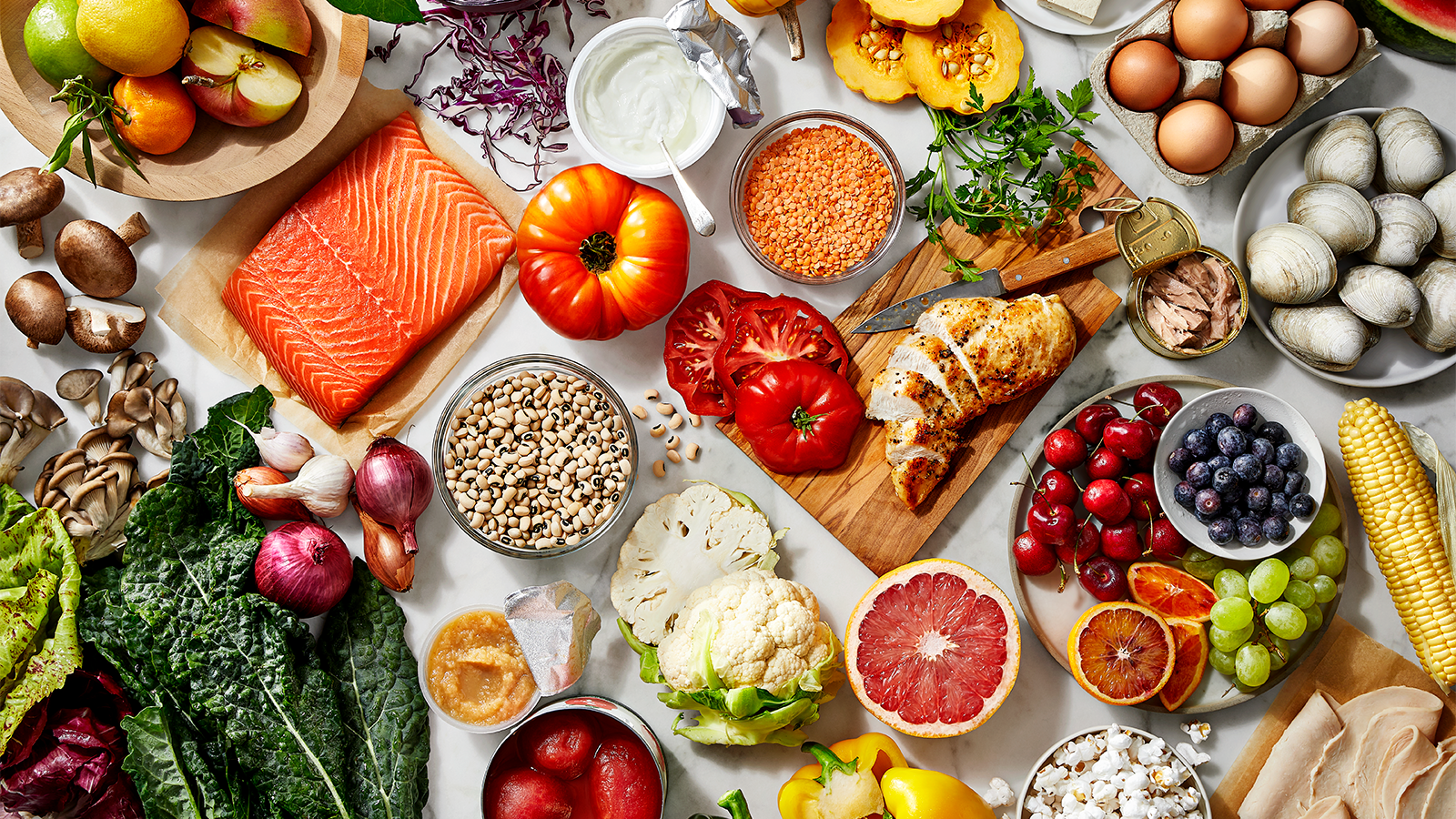

NEW! Our ZeroPoint food list has expanded to include over 350 delicious options, all packed with nutrients, vitamins, and minerals—perfect to reach for often!
Meet your go-to foods for weight loss
On the WeightWatchers® Points Program, ZeroPoint foods are super handy! These are WeightWatchers' nutritious go-to options that are exactly what they sound like - foods that have a Points value of zero. They are nutritional powerhouses that you can reach for frequently and consistently, without weighing, measuring, or tracking them. Think of them as your staples that will help set you up for a healthy pattern of eating.
They were specifically chosen because they are nutrient, vitamin, and mineral-packed. Because of that, they’re recommended by national and international guidelines (including the World Health Organization) to be consumed often as part of a healthy pattern of eating. They’re zero heroes because:
- They help you stick to your Points budget: ZeroPoint foods help you on your weight loss journey and add flexibility to your Points budget. The more often you incorporate ZeroPoint foods into your eating pattern, the easier it will be to stick to your Points budget.
- They help with hunger: ZeroPoint foods help with hunger, no matter how many Points you have left for the day, there is always something to eat.
- They are easy to have on hand: They’re regular, everyday foods that are easy to incorporate into lots of different meals.
- No weighing, measuring or tracking: You don’t need to track these foods because your Points budget has already accounted for them. Instead, focus your energy on tracking foods that have Points values, because those are the ones that are most likely to impact your weight.
- You can still lose weight: ZeroPoint foods have been part of WeightWatchers for many years! We rigorously test our programs and have found that members can regularly incorporate all ZeroPoint foods into their everyday eating and still lose weight.
Live the life you love & lose the weight you want
Our ZeroPoint food categories
Keen to find out what foods are on the ZeroPoint foods list? Here’s a summary of the 9 categories your plan includes:
1. Non-starchy vegetables
With a wide range of health benefits, it's no wonder non-starchy veggies are a ZeroPoint food for everyone. What’s so good about non-starchy veg? Well for starters, they’re packed with vitamins and minerals like potassium, vitamin A and vitamin C (just to name a few), plus they’re low in fat, calories (kilojoules), and are a great source of fibre and water - all of which can help when trying to lose or maintain your weight. Need we say more? We have heaps of non-starchy veggie recipes to keep you happy and satisfied.
2. Fruits
Both delicious and nutritious, fruit as a ZeroPoint food category is a no-brainer. Not only are they a good source of antioxidants, but fruit is also low in fat and calories and full of fibre - making them an excellent choice as part of a healthy, balanced eating plan. With over 60 options to choose from (we see you mango 🥭), we guarantee you’ll never fall short of tasty fruit recipes and satisfying snack options in this ZeroPoint food category.
3. Chicken & turkey breast
It's easy to see why these nutritious foods are on the list. Both chicken and turkey breast are excellent sources of protein, a key nutrient for helping you feel fuller for longer and supporting bone and muscle health. Plus they are incredibly versatile, making great additions to any tray bake, stir-fry, pasta, curry, stew - you name it, we have a chicken recipe for it.
4. Fish & shellfish
Rich in omega-3 fatty acids and also an excellent source of protein, there’s no denying the health benefits associated with these zero heroes. What’s included in this category you might ask? All fish, shellfish and seafood (fresh, frozen canned or raw) - as long as they contain no added ingredients with Points! From salmon poke bowls and fish cakes to tacos and curries, we have so many fish recipes that you can leverage these zero heroes in your eating plan - and all for zero Points. Score!
5. Eggs
Poached, scrambled, boiled or baked - no matter how they’re enjoyed, eggs have an impressive rap sheet. High in protein and key nutrients such as choline and B12, eggs are cheap, easy to cook and are incredibly versatile, making them a great snack option or addition to any main meal. If you need some egg-cellent ideas, we have heaps of egg recipes you will love. It's no wonder they’ve been a member favourite for years!
6. Tofu & tempeh
If you follow a plant-based diet or are simply looking to eat less meat, then these ZeroPoint foods are for you. These protein-rich foods can be used in a variety of meals like salads, stir-fries, patties and even nuggets (yes - tofu nuggets!) and will help you make the most of your budget. Plus, they’re also a good source of calcium and phosphorus, both of which are important for our teeth and bones. You can thank us later.
7. Beans, peas & lentils
Chickpeas, black beans, edamame, green peas - you name it, they’re all included! And for good reason. These nutrient-dense foods offer so many health benefits, providing a good source of dietary fibre, potassium, zinc, iron and folate. If you ask us, that’s a great reason to reach for these nutritional powerhouses more often.
8. Low-fat yoghurt & cottage cheese
Packed with protein, vitamin D and calcium, it's not hard to understand why 99% fat-free yoghurt and cottage cheese are included on the list. Plus, there are so many ways you can enjoy these tasty options across the week.
9. Corn & popcorn
Last, but definitely not least! If you’re a sucker for a bowl of popcorn on movie night, then this will make you happy. BUT it's not the only way you can enjoy this nutritious wholegrain. Whether it's grilled on the BBQ, tossed into fritters or enjoyed as a snack, there are so many ways you can leverage corn and popcorn in your eating plan to make the most of your Points budget.
The bottom line
Every* member gets the same list of over 200 ZeroPoint foods including non-starchy veggies, fruit, eggs, yoghurt & cottage cheese, fish & shellfish, chicken & turkey breast, tofu & tempeh, corn & popcorn, and beans, peas, & lentils. Use them as the base to build a healthy meal, as flavour boosts in salads, omelettes, sandwiches, or as a simple snack that will help you stay full and satisfied.
*Members living with diabetes will have a slightly different ZeroPoint foods list, based on global public health guidelines. These categories were carefully selected to consider the combination of carbohydrates, proteins, and fibre, and are less likely to impact blood sugar levels. Don't worry, your Points budget will take this different list into account.
FAQs about ZeroPoint foods:
While technically yes, any food can be overeaten, our goal at WW is for you to enjoy food, not stress about it. Of course on the flip side of that is the (totally natural) fear that you’ll eat too much. Here’s the thing, though: Your Points budget has already factored them in. You don’t have to track because we’ve already (essentially) tracked them for you.
If you’re concerned about overeating ZeroPoint foods because they’re, well, zero, here’s some guidance: Eat these foods in your usual portion sizes. If you normally eat two eggs at breakfast, stick to that! If you’re still hungry later, have another one—you’ll soon figure out the right portion for you.
ZeroPoint foods don’t need to be tracked for a few reasons.
1. Your Points budget has already accounted for them—it factors in that you'll eat ZeroPoint foods as part of your daily life. You don’t have to track because we’ve already (essentially) tracked them for you.
2. We want you to focus your energy on foods that will impact your weight loss. Meaning, foods that are higher in kilojoules (calories), added sugar, and saturated fat and lower in fibre, protein, and unsaturated fat than ZeroPoint foods.
ZeroPoint foods are nutritional powerhouses that you can reach for frequently and consistently, without weighing, measuring, or tracking them. They were specifically chosen to be ZeroPoint foods because they are nutrient-, vitamin-, and mineral-packed. They’re recommended by national and international guidelines (including the World Health Organization) to be eaten often as part of a healthy pattern of eating. These foods range from fruits and veggies to lean chicken and turkey breast, fish and shellfish. You don’t have to track them because we want to encourage you to eat them more often!
3. We want to make eating these foods a habit. The easier something is to do, the more likely we are to do it. And the more we do something, the more likely it is to become a habit. By making these foods zero, we’ve removed the barrier of tracking them—which hopefully makes choosing them a little easier.

